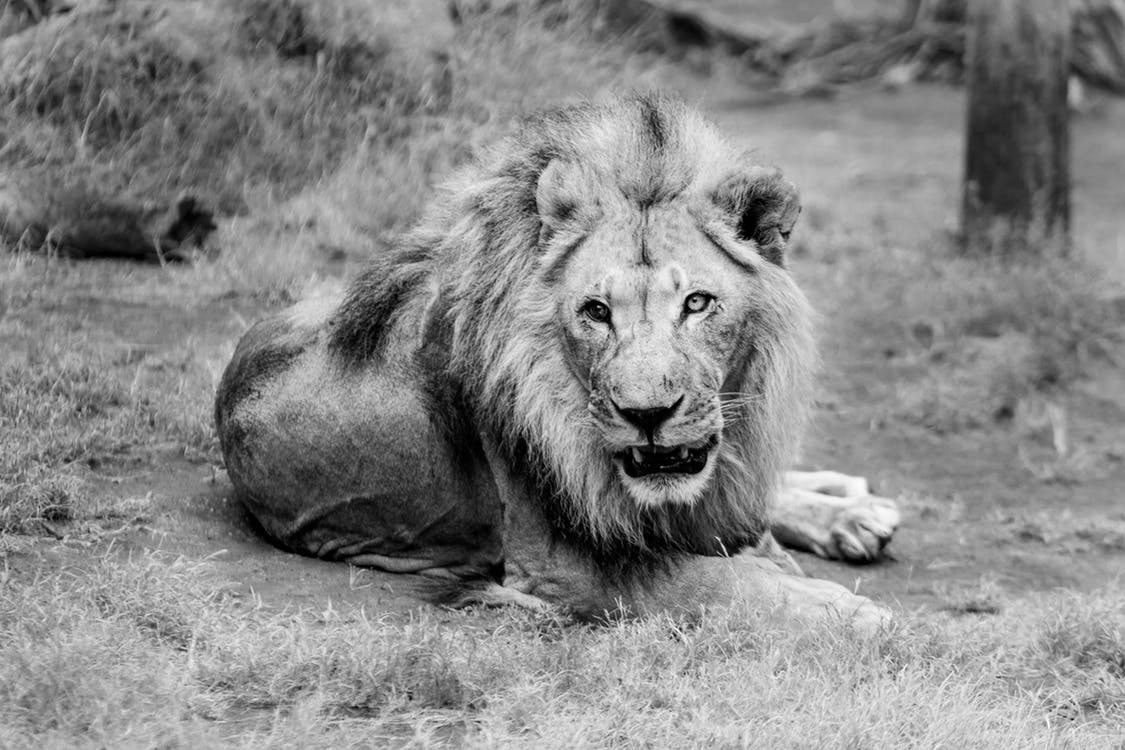Best Luxury Safaris is passionate about wildlife conservation. We are fighting hard to not just preserve the existing habitat for African wildlife, but to increase it. Hunting seems like a contradiction to these goals, but it’s not.
1. Nature prunes wildlife.
Animals reproduce more than the environment can sustain. For example, 65% of wildebeests calves are female, which testifies to nature’s effort to reproduce more than the environment can sustain. Throughout nature's life cycle, many animals die from disease or starvation. Every day, predators kill prey.
By carefully selecting only the oldest and most mature trophies, the hunter contributes to the well-being of the ecosystem. The net effect is that a properly managed hunting block improves over time while.
2. The animal is usually fully utilized.
Some imagine that a hunter shoots an animal and then walks away. On the contrary. Usually, every piece of the animal is used. The meat is either refrigerated and sent away for consumption or donated to the local tribes. The hide is preserved. The trophy head is, of course, treasured.
3. Hunters (especially luxury hunters) contribute thousands of dollars to the game reserves, the government, and the local community.
This gives the community a massive incentive to not only protect the animals but to increase the size of the game parks.
The problem isn’t hunters; the problem is when societies under charge hunters and undervalue their precious wildlife. We at Best Luxury Safaris are committed to charging a rate that promotes not just sustainability, but that also promotes the expansion of the African wilderness. We are using the funds to buy more land, protect the existing habitat, and fund anti-poaching forces. Poachers are the archenemy of the ethical hunter.
Hunters and animal lovers want the same thing: they want to multiply the number of majestic animals in Africa. Luxury hunting is an effective means of accomplishing that; cheap (and certainly illegal) hunting is not.
It may seem like a paradox, but the luxury hunter contributes more to multiplying the wildlife than a budget safari tourist.
If you have questions or concerns, write to us at This email address is being protected from spambots. You need JavaScript enabled to view it.

